The European Union is advancing plans for a comprehensive Black Sea Maritime Security Hub, representing one of its most ambitious security initiatives in response to intensifying Russian aggression and hybrid warfare tactics. This strategic pivot reflects the Black Sea's critical importance as a crossroads for energy, trade, and military mobility, making its security fundamental to broader European interests.
The idea for the hub comes from growing worries about Russia's "shadow fleet" operations, threats to infrastructure, and the persistent interruption of commercial shipping lanes. Recent damage to submarine cables in the Baltic Sea has made people more aware of how weak this essential infrastructure is. At the same time, repeated violations of airspace and attacks on Ukrainian ports show how the security situation in the area is getting worse.
The program marks a major change in the EU's approach to regional security, going from initial diplomacy with countries to providing security directly. The Black Sea is strategically important not just for the countries that border it, but also as a key route between Europe and the South Caucasus and Central Asia. Control over these sea routes has an impact on the global supply chain, energy security, and the overall balance of power between democratic and authoritarian countries.
The use of hybrid warfare by Russia has made actors more worried about the region's security. Moscow's use of naval mines, interference with commercial shipping, and threats to underwater infrastructure show how complicated modern maritime security problems are. The EU's answer shows that traditional diplomatic methods can't handle these new dangers on their own.
Operational Details
The Black Sea Security Hub will be a high-tech early-warning center that can monitor occurrences in real time, from space-based surveillance to sensors on the seabed. This all-encompassing plan intends to find and deal with both traditional military threats and hybrid warfare tactics, which have become Russia's trademark way of doing things.
Protecting important infrastructure including underwater cables, offshore energy facilities, and commercial shipping routes is a key part of the hub's job. After recent events in European waters, people are more worried about how easy it is for these assets to be sabotaged or attacked by Russia. The hub will organize mine clearing operations and make sure that ships can move freely, which is necessary for keeping trade and humanitarian channels open in the area.
One of the most important things to accomplish is to stop Russia's huge "shadow fleet" of secret oil tankers that they utilize to get around international sanctions. These ships raise concerns in many ways, including by harming the environment, avoiding sanctions, and being used for spying and sabotage. The center will improve surveillance capacity so that these illegal maritime operations can be tracked and stopped.
The hub will only work well if technology is integrated. A network of security systems will be created by combining advanced surveillance systems, AI-powered threat detection, and platforms for sharing information in real time. This technical approach is in line with today's security problems, which demand more than traditional military deterrence tactics.
Regional Integration
The Black Sea Security Hub project has undeniable effects on how countries in the region align themselves politically and how Europe comes together. Turkey's situation is still quite complicated because it is a member of NATO, controls important straits through the Montreux Convention, and has to carefully balance its connections with both Russia and Western partners. Ankara's support for greater regional security must be calibrated with its determination to avoid open conflict with Moscow and retain the region's independence. Much will depend on how well the hub handles these tricky diplomatic issues.
Regional states don't always agree with EU goals, which could make it hard to coordinate efforts. Most of the countries along the Black Sea urge better security cooperation, but their unique interests and concerns are very different. Political issues, especially those involving Turkey and Azerbaijan, could change the dates and scope of the project.
Moscow will likely respond to the center with more hybrid and traditional threats that are meant to destabilize the area and test the West's commitment. Russia sees the Black Sea as part of its area of influence and will probably see the security hub as a direct threat to its power in the region. This situation is dangerous as it could easily get worse, meaning it must be properly handled through diplomacy and deterrence measures.
The center will only be a success if the EU, NATO, regional allies, and the US can all work together well. Overlapping mandates, bureaucratic problems, or rivalry for resources could make operations less successful. On the other hand, a proper implementation would show how to integrate European security and work together across the Atlantic to deal with modern threats. The EU has, most importantly, shown that it is serious about making the Black Sea region secure, rich, and strategically independent.



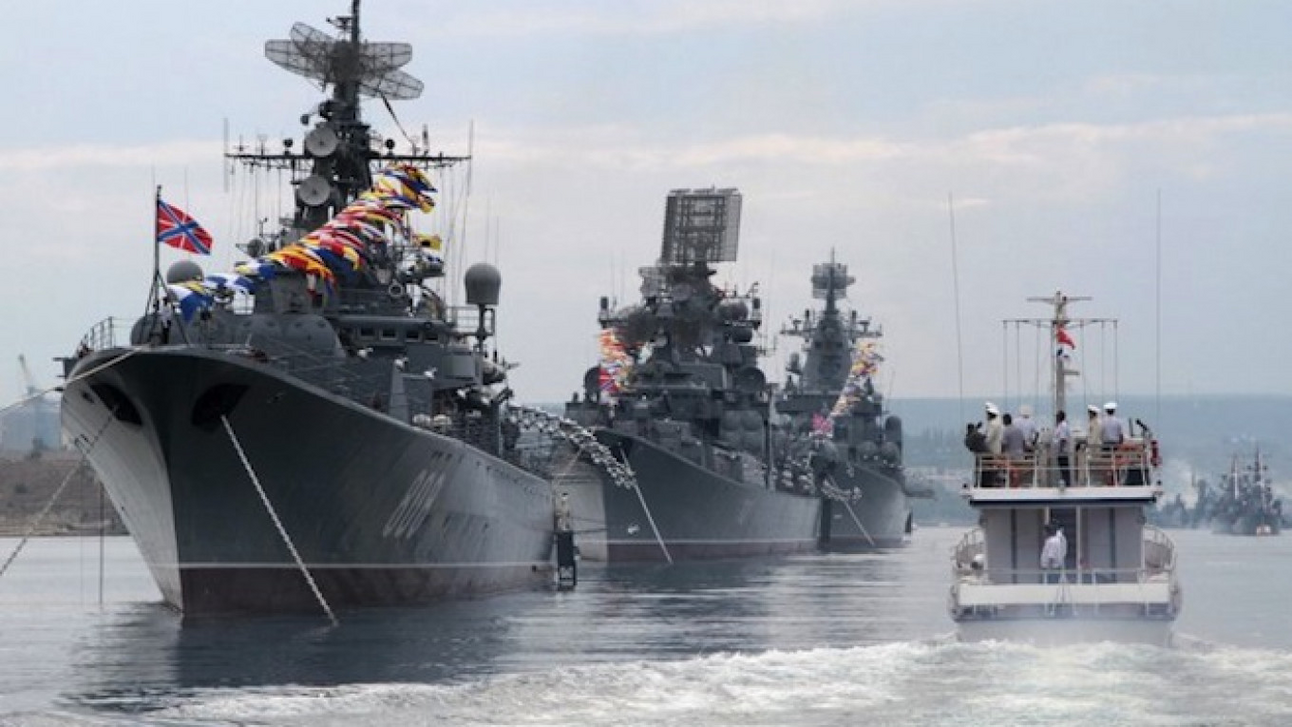
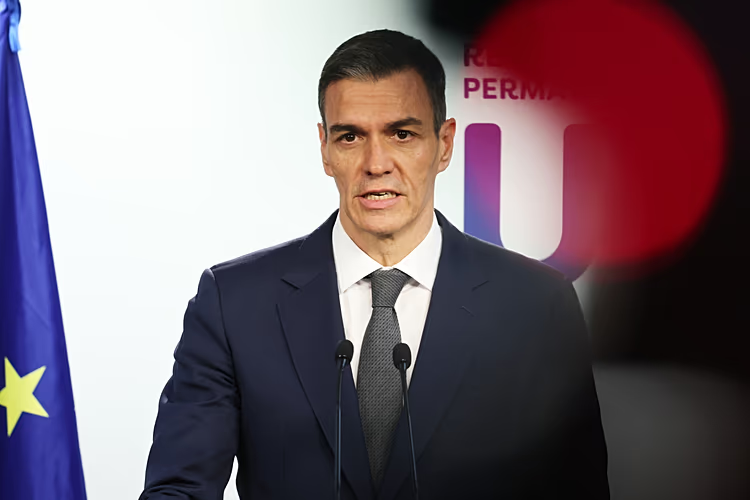

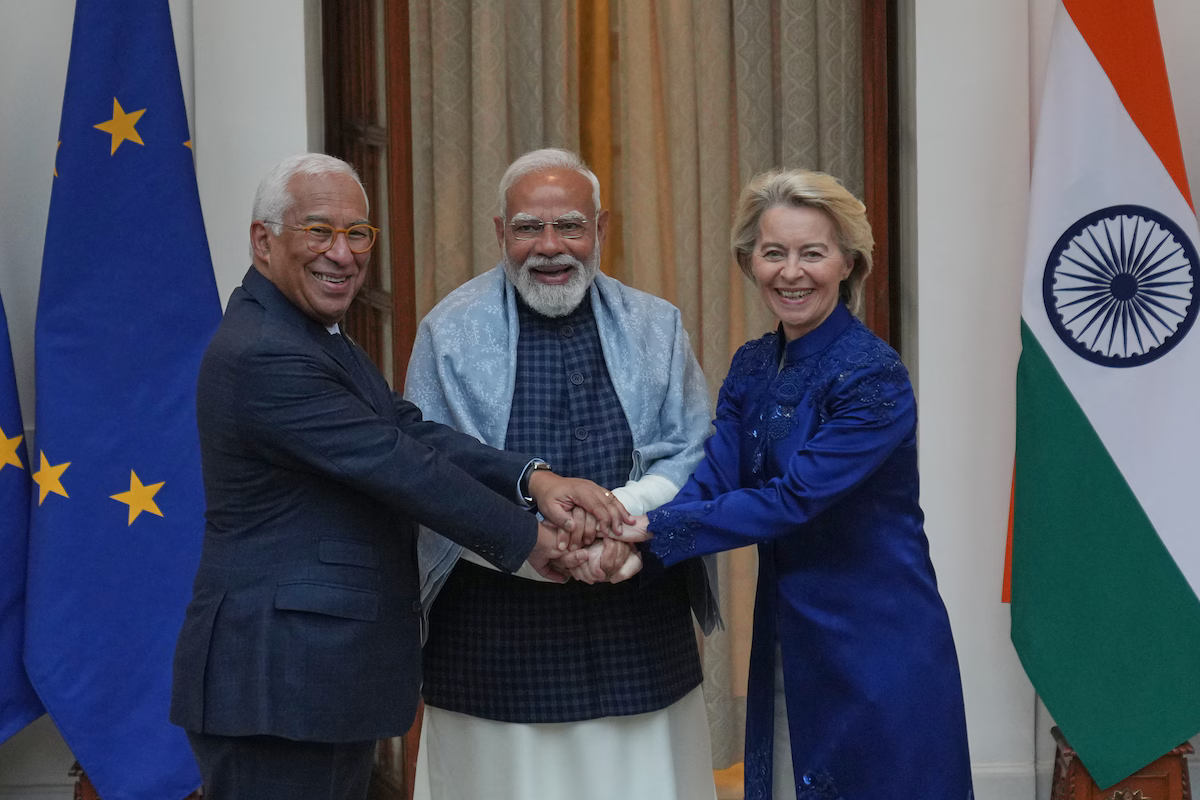
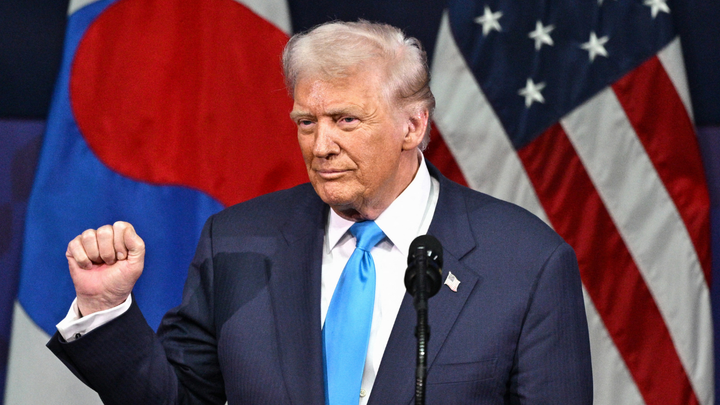

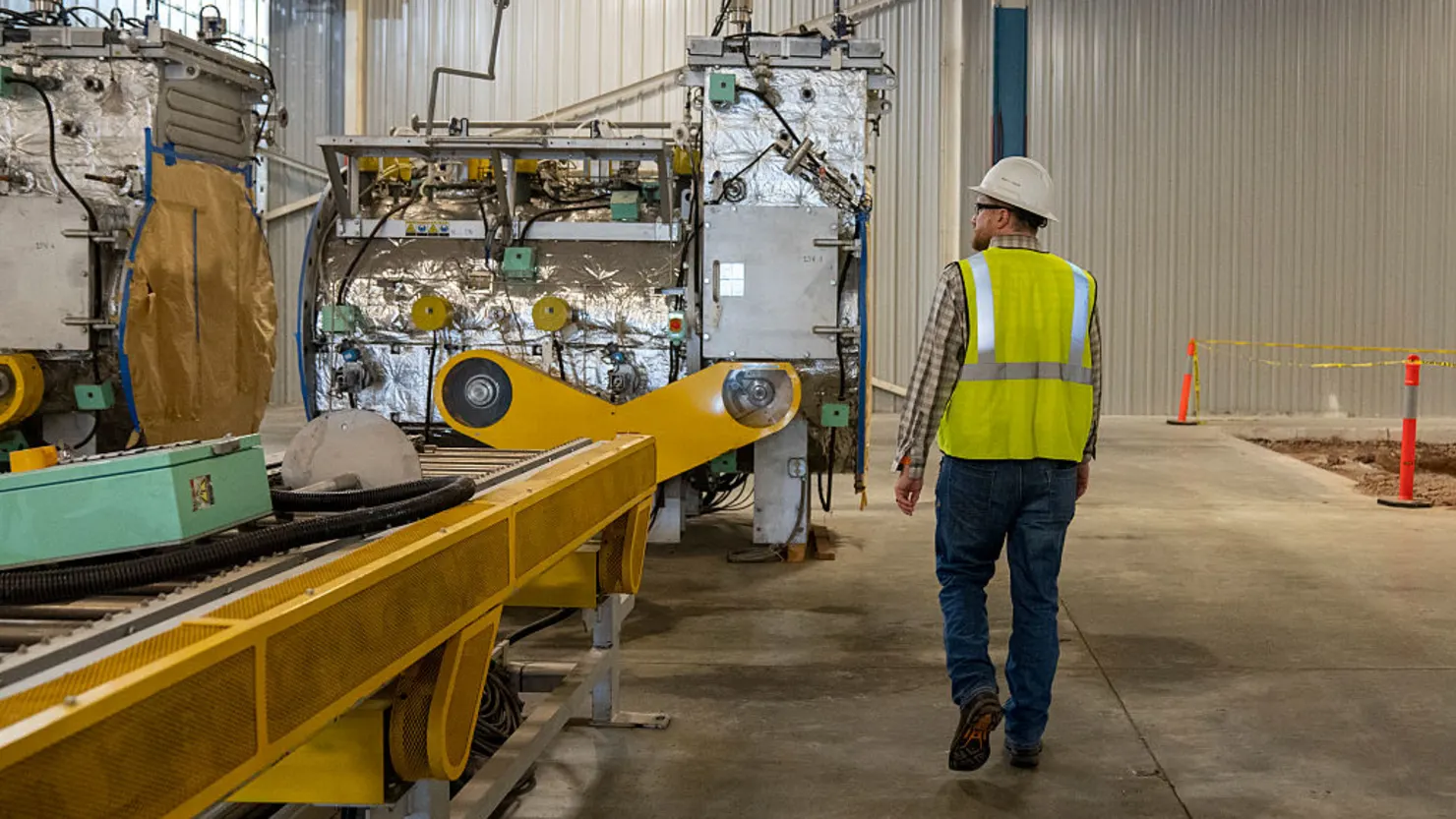
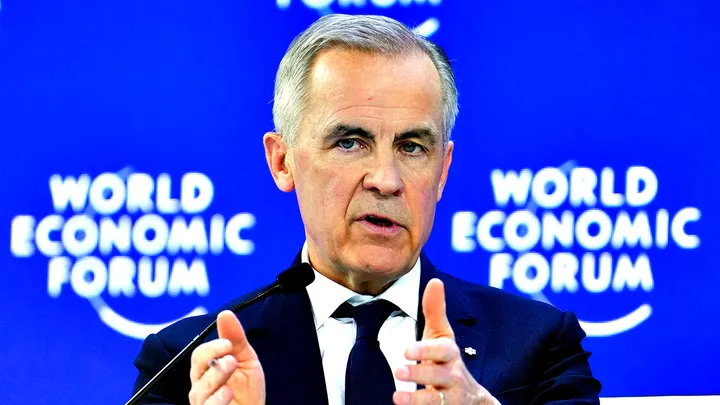
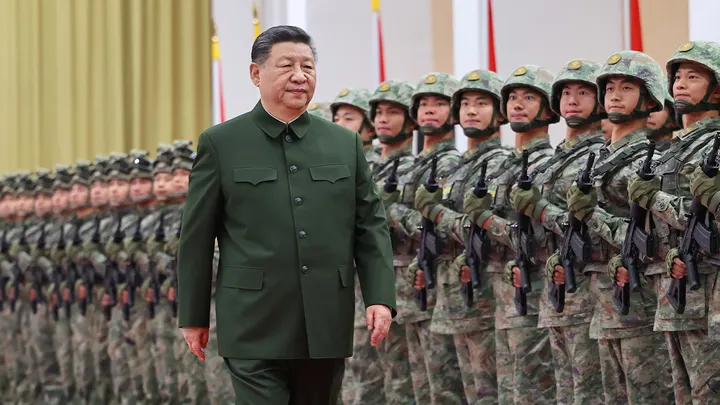

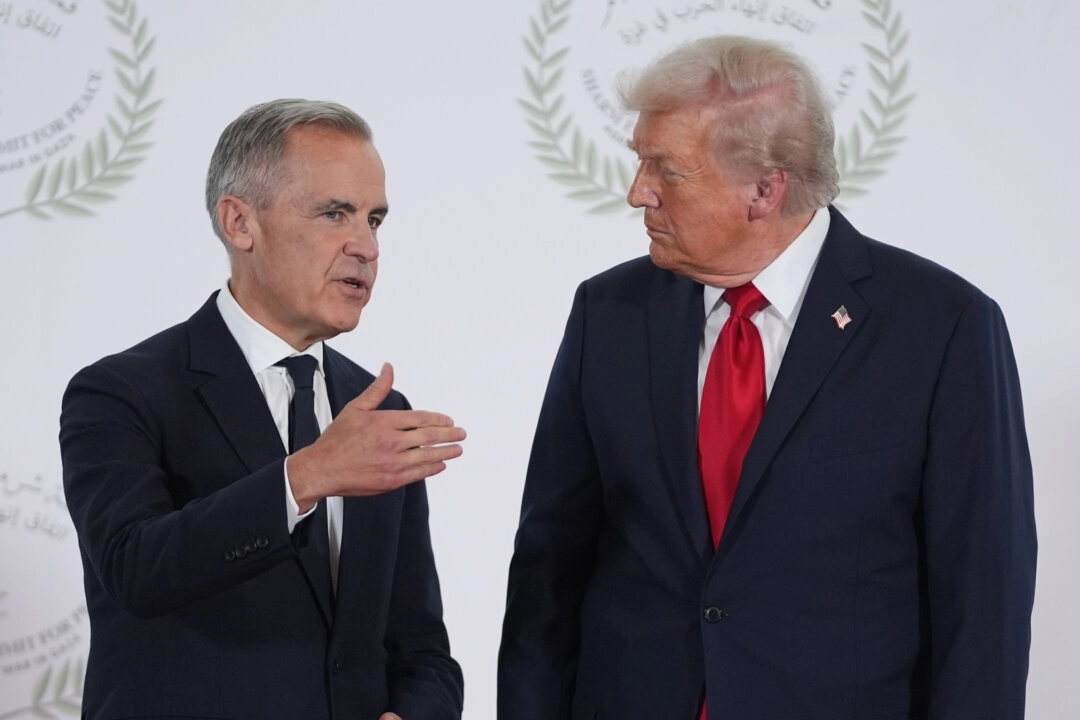
Discussion